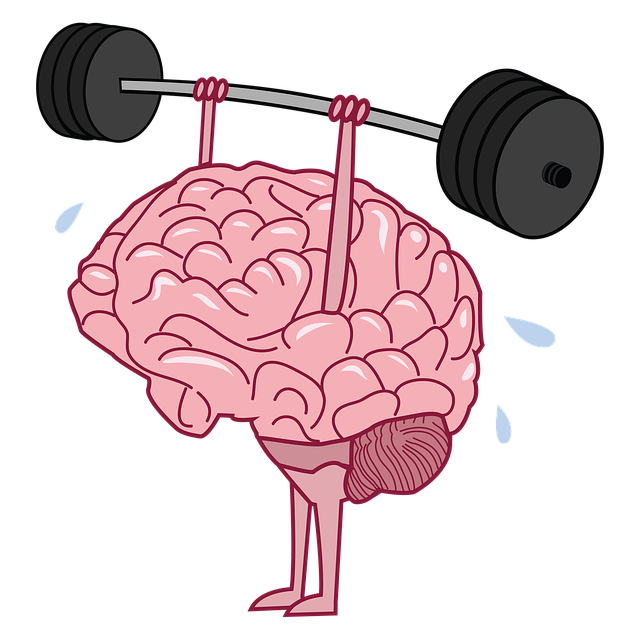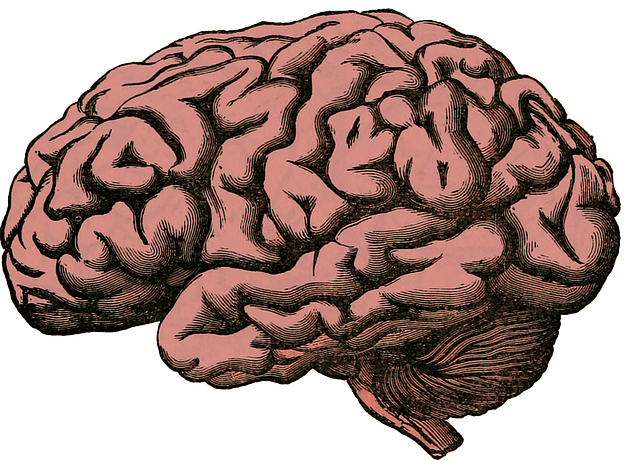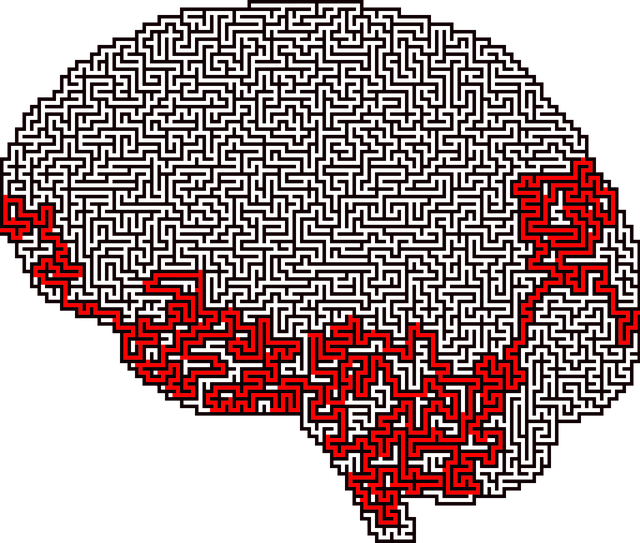Mental wellness programs designed for young adults incorporate spiritual and religious interventions to address unique challenges like self-discovery, academic pressures, career aspirations, and social expectations. These programs blend diverse therapeutic methods, including accommodation for spiritual-religious beliefs, to create inclusive environments. Key components involve teaching self-care practices with healthy coping mechanisms and culturally competent healthcare providers. Evaluation methods combine standardized questionnaires, interviews, and qualitative data to assess improvements in mental health awareness, self-care routines, and overall well-being. Case studies provide real-world evidence, guiding program refinement and successful interventions tailored to young adults' specific spiritual-religious issues.
Mental wellness programs designed for young adults face unique challenges in evaluation, requiring robust methods to assess effectiveness. This article explores effective strategies for evaluating these initiatives, focusing on spiritual and religious interventions that often play a crucial role in therapy for young adults grappling with mental health issues. We delve into common metrics, powerful tools, and inspiring case studies, providing insights for improving program outcomes and enhancing mental wellness support.
- Understanding Mental Wellness Programs for Young Adults
- The Role of Spiritual and Religious Interventions in Therapy
- Evaluation Methods: Assessing Program Effectiveness
- Common Metrics and Tools for Measuring Success
- Case Studies: Real-World Examples of Successful Programs
Understanding Mental Wellness Programs for Young Adults

Mental wellness programs designed for young adults are crucial interventions aimed at addressing the unique challenges this demographic faces. This age group often navigates a labyrinthine journey of self-discovery, academic pressures, career aspirations, and social expectations. As such, mental health issues like anxiety, depression, and stress are prevalent. Effective programs integrate various therapeutic approaches tailored to these young individuals’ needs. One key component is therapy that accommodates spiritual-religious issues, acknowledging the profound impact of faith on mental wellness.
Self-care practices are also integral to these programs, teaching young adults healthy coping mechanisms for managing their mental health. Additionally, ensuring the healthcare provider’s cultural competency training is essential to creating inclusive environments where young adults feel understood and supported, fostering successful outcomes.
The Role of Spiritual and Religious Interventions in Therapy

In the context of mental wellness programs, integrating spiritual and religious interventions into therapy offers a unique and valuable approach, especially for young adults grappling with related issues. These interventions tap into the profound impact that spirituality can have on one’s overall well-being, providing an additional layer of support alongside traditional therapeutic methods. For many individuals, faith and spiritual practices serve as powerful tools for coping with stress, anxiety, and depression, fostering a sense of purpose and inner peace.
The incorporation of empathy-building strategies, often centered around shared beliefs and values, can facilitate deeper connections between clients and therapists. Additionally, organizations can leverage public awareness campaigns to educate communities about the role of spiritual-religious therapy, breaking down stigma and encouraging young adults to seek help. Stress management workshops tailored to incorporate religious or spiritual themes can empower individuals with coping mechanisms that resonate with their personal beliefs, enhancing their overall therapeutic experience.
Evaluation Methods: Assessing Program Effectiveness

Evaluation methods play a crucial role in assessing the effectiveness of mental wellness programs tailored for young adults grappling with spiritual-religious issues. One key approach involves measuring changes in participants’ mental health awareness and self-care routine development over time. By utilizing standardized questionnaires and interviews, researchers can gauge improvements in symptoms, coping strategies, and overall well-being. This quantitative and qualitative data provides valuable insights into the program’s impact on helping young adults integrate spiritual or religious beliefs with their mental health practices.
Additionally, evaluating healthcare provider cultural competency training within these programs is essential. Such assessments focus on how practitioners address diverse spiritual-religious backgrounds, ensuring culturally sensitive care for all participants. Through feedback surveys and focus groups, insights can be gathered on the program’s ability to foster inclusive environments that promote healing and growth for young adults seeking therapy for their spiritual-religious issues.
Common Metrics and Tools for Measuring Success

When evaluating the success of mental wellness programs, particularly those catering to young adults dealing with spiritual-religious issues, several common metrics and tools are employed. These include self-reported surveys assessing improvements in mood, anxiety levels, and overall psychological well-being. Such assessments provide valuable insights into the immediate impact of the program. For instance, measures like the Beck Depression Inventory (BDI) or the General Anxiety Disorder 7-Item Scale (GAD-7) are frequently used to quantitatively track changes in symptoms over time.
Beyond self-report, qualitative data from interviews and focus groups offer deeper understanding. Participants may share their experiences, perceptions of support received, and any challenges encountered. This feedback is crucial for refining program components and ensuring they align with the diverse needs of young adults navigating spiritual-religious issues. Additionally, integrating Mental Health Awareness initiatives and promoting Mental Wellness Journaling Exercise Guidance within these programs can foster ongoing self-reflection and progress monitoring among participants.
Case Studies: Real-World Examples of Successful Programs

Case studies offer a powerful tool to evaluate mental wellness programs, providing real-world examples of successful interventions tailored to specific populations. These in-depth analyses allow researchers and practitioners to scrutinize the effectiveness of various approaches, from therapy for young adults grappling with spiritual-religious issues to burnout prevention strategies for healthcare providers. By studying these models, valuable insights emerge regarding what works best for different groups, enhancing our understanding of mental wellness promotion.
For instance, a case study might highlight a self-awareness exercise program that significantly improved emotional regulation among college students. Alternatively, it could showcase stress management workshops within an organization that led to increased job satisfaction and reduced turnover rates. These practical examples not only demonstrate the potential impact of targeted interventions but also offer actionable insights for designing and implementing effective mental wellness initiatives in diverse settings.
Evaluating mental wellness programs is crucial for understanding their impact on young adults’ lives. By examining spiritual and religious interventions alongside traditional therapy, we can gain valuable insights into the effectiveness of these initiatives. Utilizing robust metrics and tools, such as participant feedback, clinical assessments, and qualitative data, allows us to measure success holistically. The case studies presented highlight successful programs addressing mental health and spiritual-religious issues in young adults, offering a roadmap for improving access to effective therapy.














